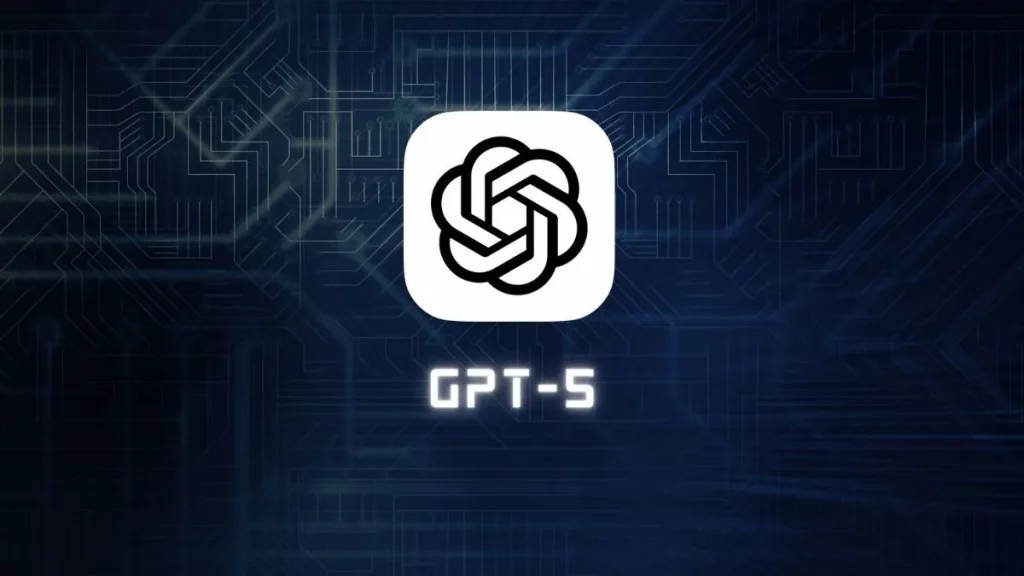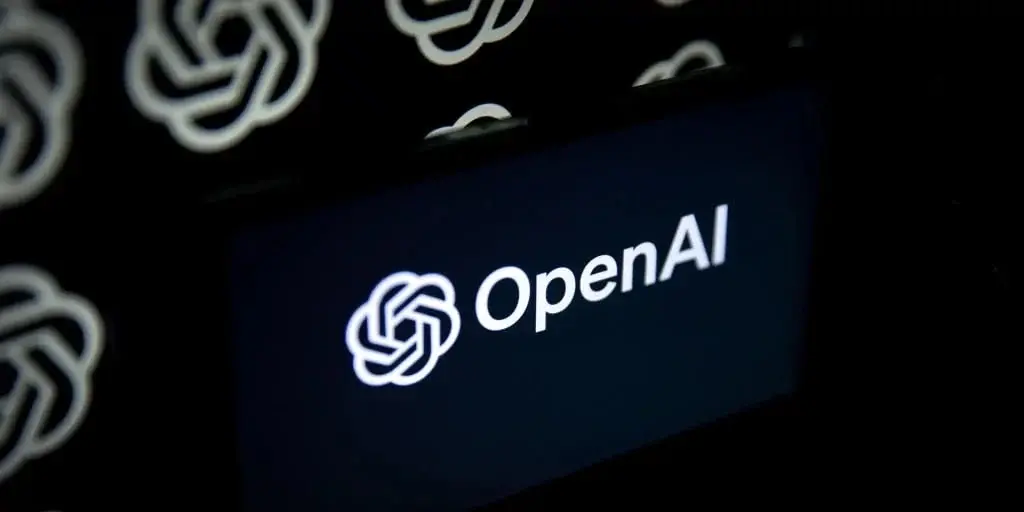The development of OpenAI’s eagerly awaited GPT-5 model has faced major challenges, causing delays in its release and stirring doubts about the future of advanced AI. Known as “Orion,” this model was anticipated to bring significant enhancements in reasoning, accuracy of facts, and reducing bias. However, OpenAI is now encountering intricate issues that may hinder its advancement.
Unexpected Delays
This setback has caught many off guard, especially considering the high hopes following the launch of GPT-4 in March 2023. Although GPT-5 is still being worked on, the complications in its training process and the financial pressures linked to it are becoming more evident.
Key Challenges in Development
As reported by The Wall Street Journal, one primary obstacle for GPT-5 is the lack of high-quality training data. OpenAI’s researchers found that the public internet no longer offers the varied datasets necessary for significant improvements. To tackle this, the company is generating synthetic data, recruiting specialists like software engineers, mathematicians, and physicists to produce unique content.
The training for GPT-5 is also extremely demanding in terms of resources, with each training session costing around $500 million. Even with these massive investments, the advancements seen so far haven’t lived up to expectations. While some progress has been made in particular areas, it does not reach the groundbreaking levels that would warrant such high costs.
Wider Implications for the AI Field
The issues OpenAI is dealing with reflect broader trends in the artificial intelligence industry. As companies strive to extend the limits of AI, they increasingly face ethical, technical, and financial challenges. The postponement of GPT-5’s release illustrates the struggle to balance innovation with these limitations.
Earlier predictions suggested that GPT-5 might launch by December 2024. However, these setbacks have created uncertainty around the launch date. OpenAI’s capacity to navigate these challenges will not only shape the future of GPT-5 but also impact its role as a frontrunner in the fast-changing AI field.



